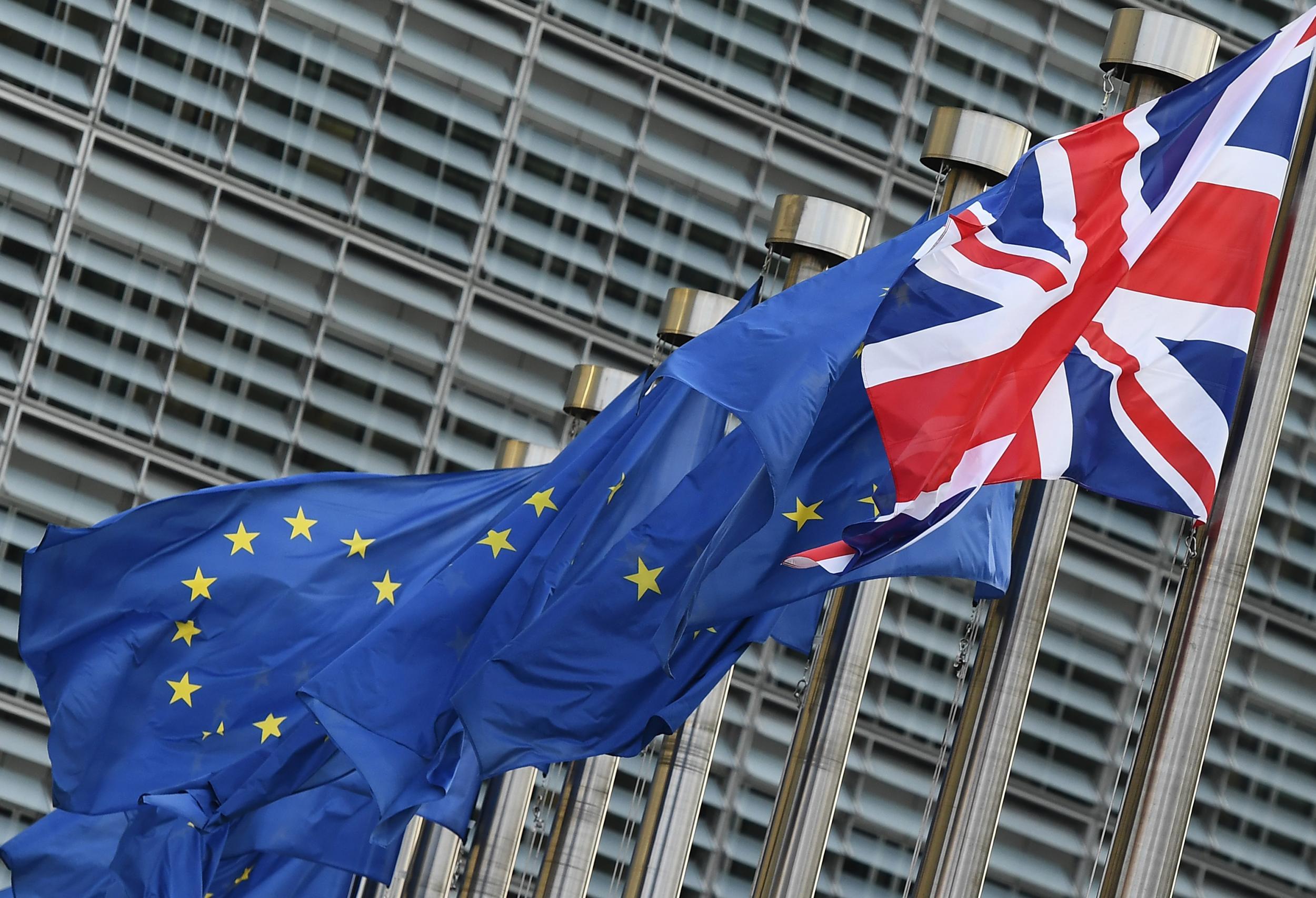As The Independent’s correspondent in Brussels I spend most of my time covering Brexit – as do most of my colleagues here from other UK media outlets. While we do get to do other things, Brexit is blockbuster for us.
But it isn’t the only thing going on in the EU’s capital – far from it. I’m often asked to what extent eurocrats and other people around Brussels care about Brexit. What portion of their time does it take up?
The answer is complicated, and it depends how you calculate it. But it is very likely that if you were to go through every item of work the EU institutions deal with, probably less than 1 per cent relates to Brexit. For most people in Brussels, professionally, it is not that relevant.
A certain type of Remainer might enjoy this exercise: look how insignificant this decision was to the rest of the EU. Yes, the world goes on, and a bloc of half a billion people has a lot of other things happening, whether or not Britain is leaving.
Such an approach to quantifying the interest would also be a little misleading though: Brexit is important in Brussels; but it is probably one of about five big issues at the top of the EU agenda. In other words, it’s certainly a major issue, but not dominant in the way it is in Britain’s politics.
Of the other matters troubling the EU, migration is by far the most important, and takes up far more time than Brexit. European summits are mostly headlined on it. Rightly or wrongly, this issue is also tied up with broader questions about security. This is despite a dramatic fall in migration to the EU in the last couple of years: governments want to look tough and many of the recently elected right-wing populist parties do their best to keep the issue on the agenda.
Of the other matters troubling the EU, migration is by far the most important, and takes up far more time than Brexit.
A second major recurring theme is the power of tech companies – especially questions about how much tax they pay and how they use our personal data. The fact that many of these companies are American is also relevant: Europe is forever comparing itself to the United States, whether it admits it or not.
Since the election of Donald Trump, the future of Europe’s alliance with the US has also been thrown into sharp relief, and along with it issues such as whether the continent needs a more independent defence capability: the defence union agenda. In Britain and other countries, this is sometimes portrayed as an “EU army” – though it isn’t really.
And finally, there are questions about the European elections coming up next year, who will succeed the current Commission, how the EU and eurozone might reform, and the rise of populism – all of which melt into one super-issue.
Brexit as an issue is roughly of the same scale as these challenges; probably just below migration.
In a way, the European Commission’s negotiating strategy has kept Brexit contained as an issue in the EU institutions. In Whitehall, every single UK government department is busy preparing for the big day in some way or another. In Brussels, almost everything to do with Brexit has been delegated to Michel Barnier’s (surprisingly small) team, with a few exceptions. That’s not to say that people aren’t thinking about it (or aren’t sad that it’s happening – almost all are), but it doesn’t tend to occupy their work time.
British journalists here have developed an (entirely accurate) reputation for bringing up Brexit at inopportune moments, asking questions about it in situations where many present would rather talk about something else. If it annoys other countries, that’s fine – they probably won’t have to put up with it for much longer.


Join our commenting forum
Join thought-provoking conversations, follow other Independent readers and see their replies
Comments